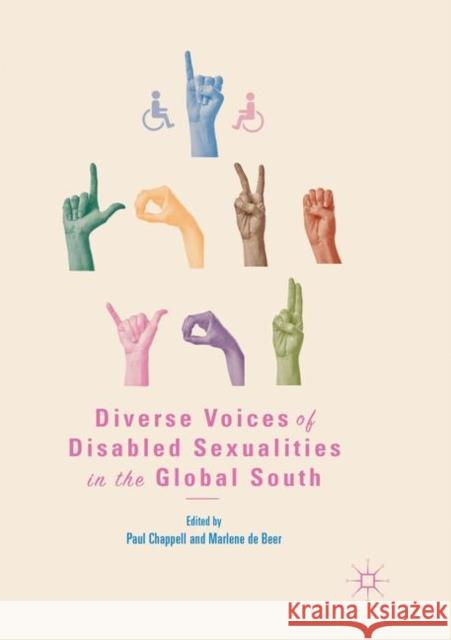Diverse Voices of Disabled Sexualities in the Global South » książka
topmenu
Diverse Voices of Disabled Sexualities in the Global South
ISBN-13: 9783030076634 / Angielski / Miękka / 2018 / 304 str.
Kategorie:
Kategorie BISAC:
Wydawca:
Palgrave MacMillan
Język:
Angielski
ISBN-13:
9783030076634
Rok wydania:
2018
Wydanie:
Softcover Repri
Ilość stron:
304
Waga:
0.41 kg
Wymiary:
20.32 x 14.22 x 2.03
Oprawa:
Miękka
Wolumenów:
01











